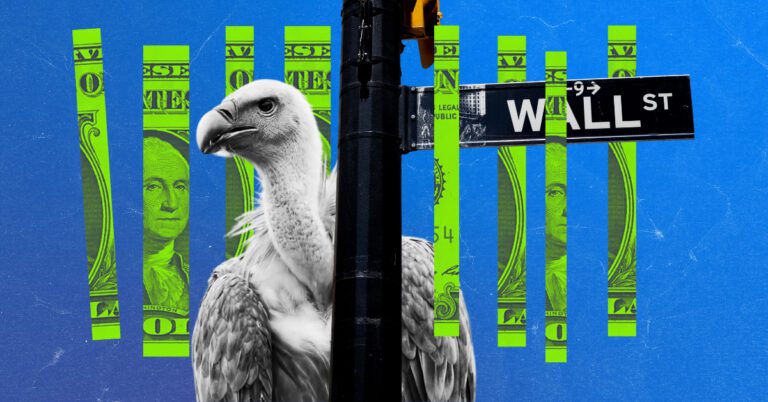Vulture funds, with their exploitative practices, have become a significant threat to struggling economies around the globe. These financial entities prey on countries dealing with economic distress by purchasing their sovereign debt at discounted rates and then demanding full repayment, often through prolonged and costly legal battles. Vulture funds’ actions have devastating effects on the people and economies they target, perpetuating cycles of poverty, austerity, and reduced public services.
The Debt Justice Alliance is calling attention to this pressing issue, highlighting the role that New York law plays in enabling these predatory practices. The state’s legal framework, combined with the lack of international sovereign debt restructuring mechanisms, creates a perfect storm for vulture funds to thrive. But there is hope: by enacting specific policy changes, New York lawmakers can disrupt this vicious cycle and ensure that struggling countries are no longer at the mercy of these profiteers.
The Vulture Fund Playbook: How It Works
The vulture fund business model is a textbook example of profit over people.
It begins when these investors buy sovereign debt at deeply discounted rates. This typically occurs when a country is in financial trouble, facing economic or political crises, or struggling to meet its debt obligations. By purchasing debt for a fraction of its face value, vulture funds acquire the legal rights to the debt, often paying as little as 10% of the debt’s worth.
From here, the vulture funds engage in a series of strategic, often predatory, moves. Instead of negotiating in good faith with the indebted nation, these investors refuse to participate in restructuring agreements, hoping to extract as much as possible. They hold out during debt negotiations, blocking any potential deal that would alleviate the financial burden on the country. When the country attempts to reach a debt restructuring agreement with other creditors or seek relief through international financial institutions, the vulture funds launch protracted lawsuits, often in international courts. These legal battles not only drain the country’s resources but also prevent the restructuring of the debt.
One of the most notorious players in this game is billionaire Paul Singer, founder of Elliott Management. His hedge fund, which became infamous for its predatory tactics, fought Argentina for over 15 years to extract $2.4 billion from the government for bonds that Elliott had bought for a mere $117 million. The lengths to which Singer’s fund went included orchestrating an international incident in 2012, when Elliott arranged for the government of Ghana to seize an Argentine naval vessel to use as collateral. This sort of aggressive, high-stakes strategy is typical of the vulture fund business model, which cares more about profits than the social and economic welfare of the countries it targets.
Who are the Top Vulture Funds Driving Predatory Debt Practices
Elliott Management and its subsidiary NML Capital : Founded by Paul Singer, Elliott Management is notorious for its aggressive tactics in sovereign debt litigation, involved in the cases of Argentina, Ecuador, Greece, and Uruguay, where they have pursued distressed debt, causing severe economic consequences.
Aurelius Capital: Known for buying distressed debt at a steep discount and then suing for full repayment with high interest. They played a pivotal role in litigation that led to austerity measures in Puerto Rico and Argentina.
Oppenheimer Funds: Known for their involvement in Puerto Rico’s debt crisis, aggressively seeking repayment despite the island’s economic collapse. Played a key role in the imposition of austerity measures in Puerto Rico.
Cerberus Capital Management: Invests in distressed debt and is involved in extracting high profits from struggling economies, including nations in Latin America. Has been linked to predatory practices in sovereign debt markets and has pushed for unsustainable repayment terms.
BlackRock: A significant player in sovereign debt markets, including involvement in predatory debt collection from countries like Argentina and Ecuador. Known for using legal and financial means to pressure countries into unfavorable debt repayments.
The Role of New York Law: A Legal Safe Haven for Vulture Funds
What makes the vulture fund playbook so effective is the legal environment in which these funds operate. New York State law, specifically the use of New York courts, has allowed vulture funds to capitalize on sovereign debt disputes. The majority of sovereign debt contracts around the world are governed by New York or English law, and because of this, New York courts have become a venue of choice for vulture funds looking to extract maximum value from their investments.
The absence of a binding international framework for sovereign debt restructuring has left countries vulnerable to these aggressive legal strategies. New York’s court system, which is seen as favorable to creditors, has been repeatedly used by vulture funds to enforce full repayment of debt, even when it is clear that such repayment is unsustainable and would cause irreparable harm to the country’s economy and people. This system not only encourages the accumulation of wealth through exploitation but also results in massive losses for countries trying to restructure their debt in a way that would be fairer to their populations.
How Hedge Fund Predation Is Worsening Debt Crises in Vulnerable Nations
The fallout from vulture fund activities is devastating. Countries like Argentina, Greece, Peru, the Republic of Congo, and Puerto Rico have all been targeted, with devastating consequences for their economies and populations. Austerity measures, which are often implemented as a condition of debt repayment, result in regressive taxes, cuts to public services, and the privatization of essential resources like water, education, and healthcare.
In many cases, these measures lead to significant social unrest and economic stagnation. Governments, instead of focusing on recovery or development, are forced to divert resources to legal battles and debt repayments, further perpetuating cycles of poverty. Meanwhile, the vulture funds sit back and reap the rewards, their profits growing at the expense of the most vulnerable.
How New York Can End Hedge Fund Predation
While the situation seems dire, there is a path forward. New York’s unique role in the global financial system gives it a powerful opportunity to intervene and stop vulture funds from exploiting struggling countries. There are three key policy changes that New York lawmakers can implement to disrupt the vulture fund playbook:
- Sovereign Debt Stability Act: New York lawmakers can create a bankruptcy-like process that allows countries to negotiate down their debt without being blocked by a predatory minority of debt-holders. The bill would allow debtors to select one of two mechanisms to ensure a fair and efficient restructuring of distressed debt.
- Strengthening Champerty Laws: New York’s “champerty” law, which prohibits the purchase of debt for the sole purpose of filing lawsuits, can be amended to prevent vulture funds from using this strategy to extract massive profits from struggling nations. Barring these types of predatory investments, can limit the ability of vulture funds to exploit the legal system.
Conclusion: What New York Residents Can Do to Stop Predatory Hedge Funds and Protect Our Financial Future
Vulture funds built their business on the suffering of countries in crisis, using legal loopholes and aggressive tactics to extract wealth from the most vulnerable. New York, as the global hub of finance, has a unique opportunity to stop this predatory behavior. By enacting policies that encourage fair debt restructuring, strengthen legal protections against exploitative lawsuits, and close tax loopholes, New York can put an end to the vulture fund playbook. The time to act is now, and the people of the world—especially those in debt-ridden countries—are counting on New York to lead the way toward a more just and equitable financial system.




